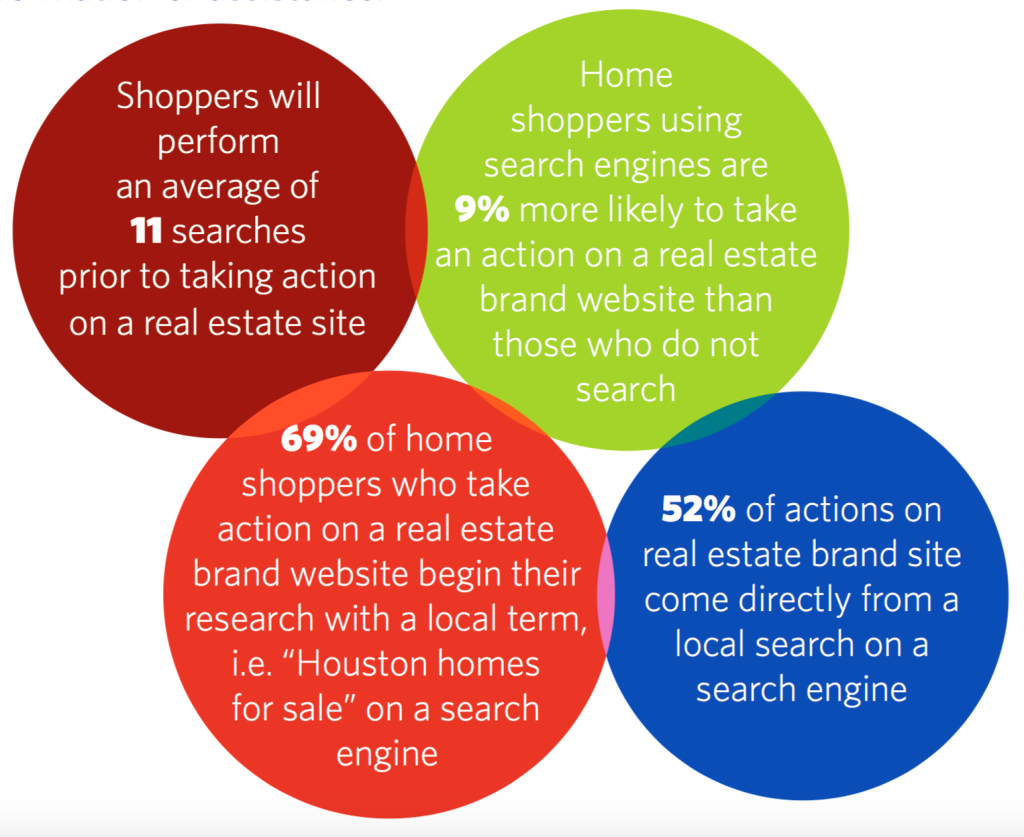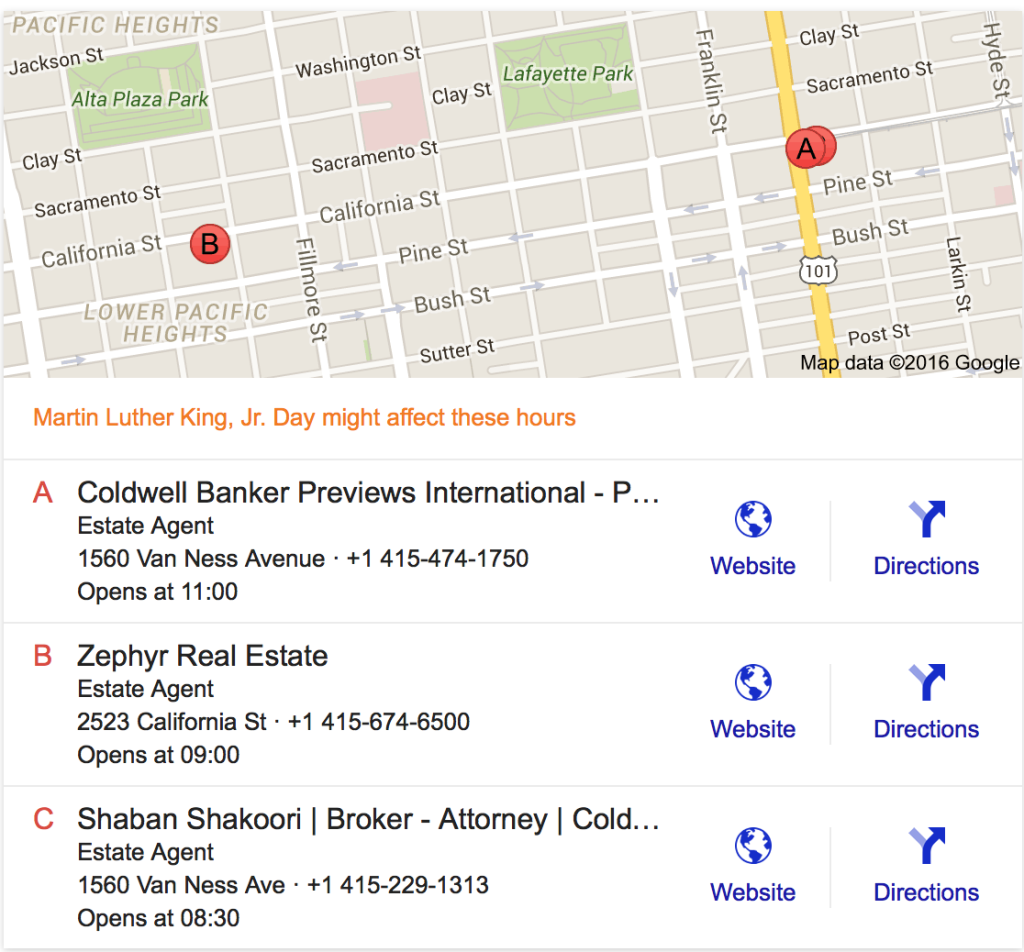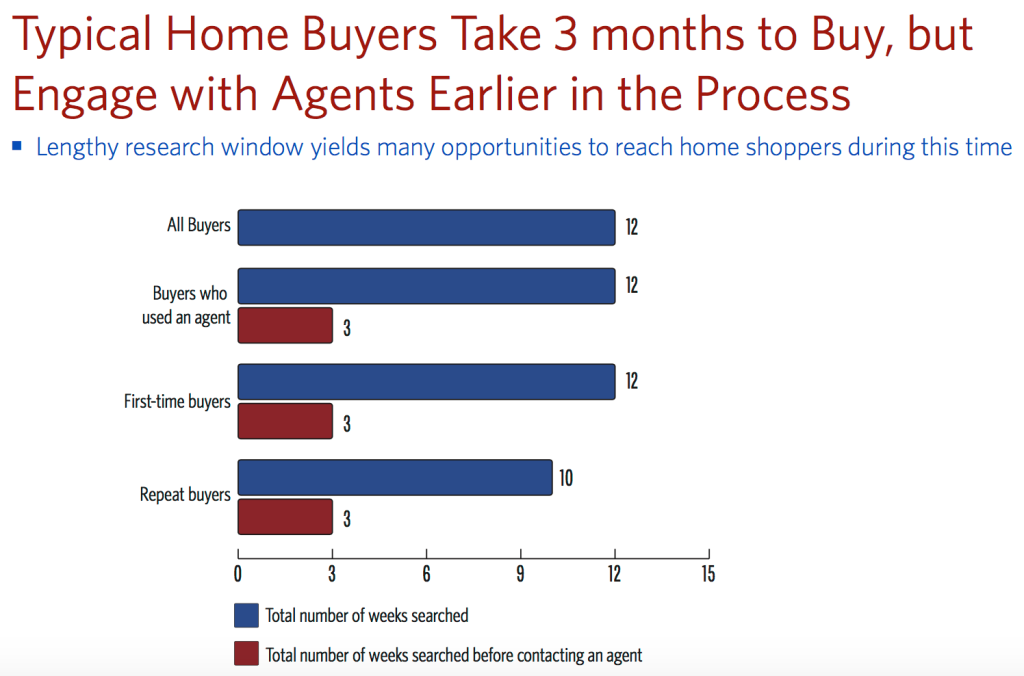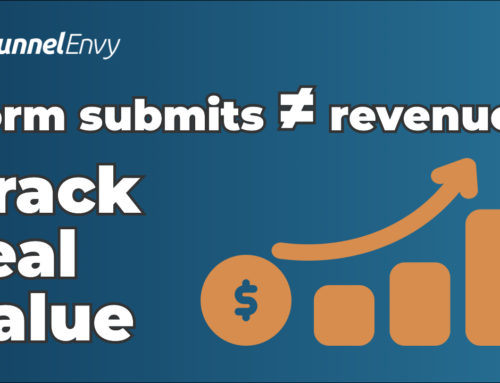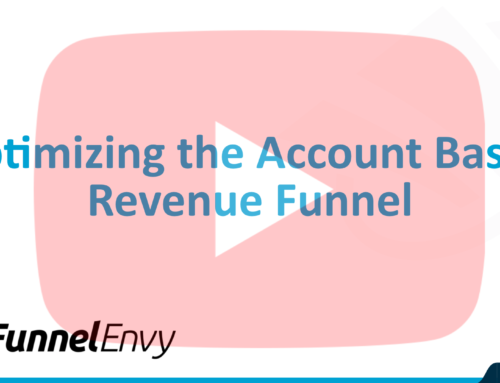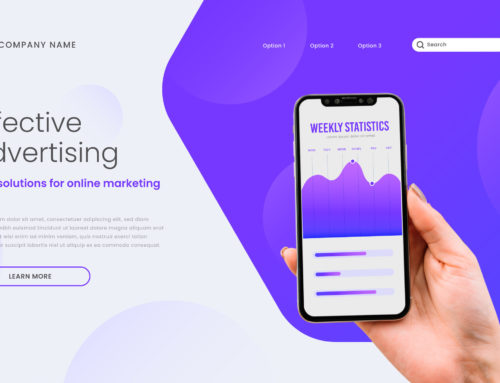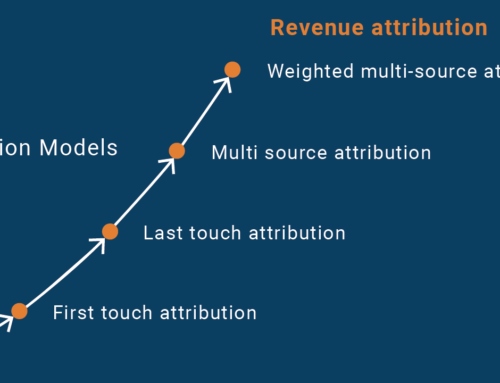There was a time when real estate agents had unrivaled power.
You were the gatekeeper. You held all the cards when it came to property information, neighborhood advice, and the all-important property listings.
If someone had any questions pertaining to property, be it about purchasing, renting or just understanding more about the industry, it was you they had to see. But then things started to change.
In 1994, listings were made public. Your control of the local real estate industry had taken a hit. But no matter, while prospects had access to listings, you were still the font of knowledge and the only place where consumers could go to properly understand the confusing world of property sales.
Times were good and the smart agents adapted to this new freedom of information, including it in their marketing plan and drawing even more prospects to their agency.
But as it always the case, things were set to change yet again. As the internet grew, speed and efficiency the industry took another hit.
We now live in the age of information. Consumers can find almost all they need to know online. 90% of home buyers turn to online sources and know all about the best and worst neighborhoods, the differing prices from one street to the next and what to look for when examining a property.
They’re more informed than ever before and you, well, you’re no longer the gatekeeper you once were.
This new generation is far more educated on the real estate market. It’s going to take a lot more than a few yard signs, business cards or brochures to convince them that you’re the best agent for their needs.
You’ve got to adapt. You can keep practicing the old school marketing and sales methods that got you through the 90s and early 00s, but they’re not going to get you very far.
Tomorrow’s successful real estate agents will be those who adapt to the times. The ones who understand that creating a cheap, crappy site with a few listings isn’t enough. You need to do more to prove to consumers that you, out of all the online competition, are the only one who really understands what they need.
And that’s exactly what this funnel will help you achieve.
Start by Narrowing your Geographical Focus
Success in sales and marketing is all about answering a need.
You wouldn’t have much luck marketing dog leads to cat owners. They might both be pet owners, but one’s needs are vastly different to the others.
You’ve got to narrow your focus, adapt your campaigns and messaging to answer a specific need or desire.
Your prospects all either need or desire a new property. So the question becomes how can differentiate and segment your audience.
The answer? Location.
I’m not talking about state or even city here. You need to get right down to the neighborhood. This is the information age, your prospects will have a good idea not just of the neighborhoods they’d like to live in, but perhaps even the street.
Now ask yourself, if a prospect is intent on living in Pacific Heights, San Francisco are they more likely to click on a link that advertises:
- San Francisco agency
- Luxury Condo in Pacific Heights, San Francisco
Definitely the latter.
The first is too general. It’s going to encompass too many listings and options that just aren’t relevant to their needs. The second option though is exactly what they’re looking for and will immediately capture attention.
According to the NAR and Google, 69% of people who take action on a real estate website begin their journey with a search with a local term.
Of course just focusing on a narrower geographical location isn’t going to fix all your woes.
You can improve your chances of ranking highly in Google local results by registering your business. It helps to get you featured in that little box that pops up near the top of the SERP page.
Here’s a great guide from GetResponse on optimizing your business with Google.
Get Your Social Media In Order
So, location specific SEO and PPC are one method of driving traffic to your site. But what about social media? How can you utilize your social channels to drive traffic and establish credibility and authority with your prospects?
Facebook is the daddy of social media with the highest number of active accounts. Here are a few tips on how best to optimize your business on Facebook for the greatest results.
- Set up a professional page
- No personal accounts. It lacks professionalism
- Neighborhood features
- Just as with SEO and PPC you want to focus on smaller regions. Post to neighborhood boards and focus on smaller areas to get the best results.
- Bolster this with geo-targeted ads that display specifically to people in certain areas
- Engage with Clients
- You should be engaging with most past and potential clients. Past clients are a valuable source of referrals. However, engaging with potential clients shows you’re an agent who cares and gives you some great information on what it is your ideal prospect is looking for.
- Post your listing
- Pretty self-explanatory. Use both images and text to make the postings hit home.
With Twitter you won’t have the flexibility you do with Facebook. you’ve only got 140 characters to play with so you’ll need to adapt your approach.
- Great for posting short tips with links to neighborhood-specific landing pages
- Tweet local news
- Really establish yourself as involved and knowledgeable on a neighborhood
- Utilize hashtags (neighborhood specific, property type etc)
- Tweet your listings
Few will head to LinkedIn to look for a property. They will, however, use it to find a realtor. Use LinkedIn to bolster your authority and show that you’re a trusted realtor with a high success and satisfaction rate.
- Write a full, informative and keyword laden description
- Join and participate with local property, homeowner, letting and property sales groups
- Use LinkedIn to ask for referrals that you can then republish through different forums
Remember, whatever social media account you decide to focus your attention on, always work from a professional account.
Don’t Scrimp on Landing Pages
So you’ve set up some awesome SEO optimized local listings, rolled out a few PPC campaigns and have your social media ready to go. Great!
But what then?
The cardinal sin at this point would be to link all these elements to one generic landing page or, even worse, your agency’s home page.
Do this and you’ll have taken a huge step back. You’ll have grabbed attention with a location specific advert or search result only to revert back to a generic site that doesn’t answer any specific needs of that prospect.
When it comes to real estate, the more landing pages you have, the better your chances at converting.
You could create one landing page that focuses on the benefits of the neighborhood as a whole, focusing on elements such as good local schools.
That would be great for soon to be parents looking to upsize, but what about the 28-year-old career minded woman, or the 64-year-old retiring grandfather who are also interested in the area.
They’re not interested in the local schools. you’d be better off producing different landing pages for each demographic. For every person a generic landing page convinces, there’s a multitude of prospects it dissuades.
Look at your demographics and create specific landing pages not just based on location, but also the interests and lifestyles of those who want to move into the area.
With proper targeting of links and referral traffic you should see yourself grabbing the details of more qualified prospects.
But Wait, How do You Grab their Contact Details?
The online real estate sales cycle is long.
The whole SEO, PPC, and social media approach to local searches are great for grabbing initial attention. But touching base with your prospects only once during their research phase isn’t enough to have them coming back to you when their research cycle ends.
Prospects are going to remember the realtor who provided the most information. The one who helped them understand a difficult concept or explained a neighborhood in detail and what it means for them.
That’s the realtor you need to be.
On the landing pages that you’re directing your prospects to you’ve got to provide some form of useful lead magnet. Something which is going to get your prospect to hand over their email address, giving you the contact details you need to follow up with them at a later date.
Your lead magnet can take many different forms. Whatever form it takes, you need to ensure that it’s of the highest possible use to a certain segment of your prospects. Here are a few examples:
An eBook Download
– The first time buyer’s handbook
– How to sell your home quickly
– 20 tips from 20 years in the biz – how to find your perfect home
– The schools of [neighborhood] and what current residents have to say about them
– What to do in [neighborhood] / Live like a local in [neighborhood]
Email Series
– 10 days of real estate selling tips
– 10 days of money saving real estate purchase tips
– 10 days to flipping a property like a pro
Online Seminars
– What I’ve learned from 10 years selling houses (with Q&A session)
Videos
– What to look for when viewing a property
– How to better negotiate a house sale
Dig into any data you have on who your primary audience and highest converting segments are. Find out what they believe is the most valuable information on real estate and offer it, for free, as an incentive for them to hand over their contact details.
Following Up with an Automated Campaign
So you’ve attracted a prospect interested in a particular area and managed to capture their contact details with a well-targeted lead magnet.
Next, you need to follow up.
As we’ve mentioned, the sales cycle is long and a simple eBook isn’t going to keep you fresh in their memory for two or three months. You need to take actions to ensure that your name is the first name they think of when considering a property in their desired neighborhood.
Of course, you can’t write personalized emails to each and every single prospect. You’d have no time then to actually sell any properties.
You need to establish a good automated campaign. Something that ensures your name is a regular feature in your prospects inbox.
Email autoresponders can take many forms. However, you’ve got to, above all else, ensure that the content you’re sending is useful. If it’s not, then you’re going to be labeled a spammer and lose any trust you’d established.
The best way to ensure your email series is a hit is to implement a trigger. Something which kicks the email series into effect and ensures it’s relevant. Something like one of the below:
A Welcome Series
These are the most common autoresponders. They welcome the new prospect to the business and offer short but useful pieces of advice on the industry.
An Event Triggered Series
Much like some of the ones outlined above. These are targeted series that appeal to the specific needs of certain demographics. If you’re selling to independent developers a series on flipping a property would be appreciated, whilst new parents look gin for a house might prefer something on tips to baby proof their new home.
After Sale Series
These are often very short series aimed at opening a dialogue with happy customers. The email series basically chases them up, makes sure everything is ok and asks if there’s anything else they need. Of course you can also use these to secure future referrals or testimonials from customers to use in your own marketing material.
Update Emails
If you’ve had someone express interest in a certain neighborhood, give them the option to opt into a series that updates them every time there’s a new listing. It’ll bring them back to your site and give you more opportunities to establish your brand and a little trust.
Automation is a very powerful tool. It takes care of the day to day communication of your business giving you more time to focus on the money making side of closing deals.
They’re a lot of work to set up, but it really pays off in the long run.
(For more tips on autoresponders, check out this piece)
It’s Time to Change Your Marketing Approach
The information age has changed the game for real estate agents. It’s become more of an uphill battle, and standing out from your competitors is harder than ever before.
But, if you can exercise a little internet marketing savvy and adapt to the changing expectations of the next generation, you’re sure to have customers who will buying with you for the rest of your career.
Just remember the key steps outlined in this article:
- Focus on local search and traffic
- Get active on social media
- Establish relevant landing pages… as many as needed
- Create killer lead get pieces
- Follow up with automation
Let us know if you’ve got any tips on how best to market to millennials or if there’s anything that’s not clear enough!


